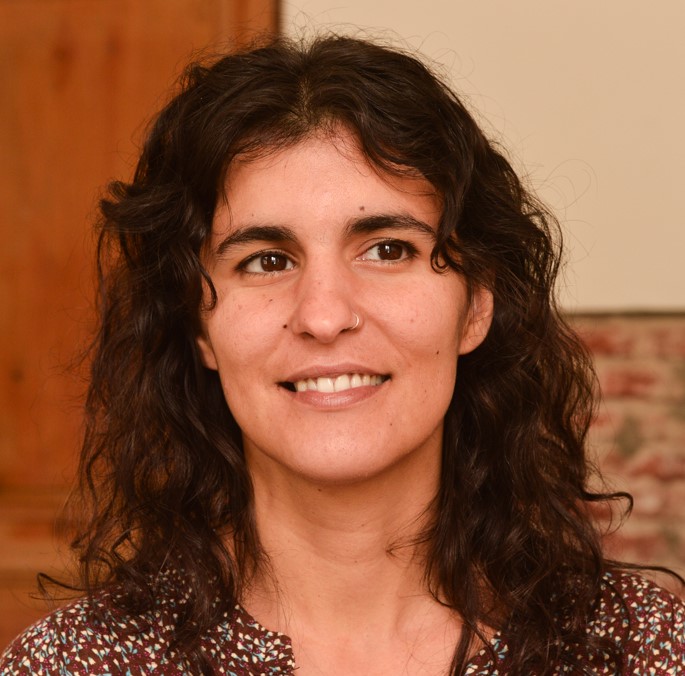CETA
Expanding tangible interaction opportunities at schools
Summary
CETA (Ceibal Tangible) is a tangible interaction device designed by an interdisciplinary team of communicators, psychologists, designers, computer scientists, and educators. CETA can be used with the tablets that are distributed to students in their first years of school as part of the Ceibal Plan.
During the first phase of development, the team created a video game aimed at helping students learn the concept of numbers. The effectiveness of this game was verified through testing at a public school in Montevideo. In the second phase, the team developed a video game specifically for children with visual impairments.
To expand the possibilities of CETA and provide various types of content, we plan to apply a participatory design methodology, involving teachers, children, and parents in the design process.
Our research has shown that tangible interaction offers exceptional opportunities for learning while promoting its appropriation by users. To achieve this, we will incorporate tangible materials and prototypes of augmented objects, to facilitate the interaction and collaborative learning.
We also plan to develop a platform that facilitates participatory design. The tool will be versatile and adaptable to be appropriated by users, allowing for the development of various educational activities that exploit the potential of both real objects and digital tools.
Start/End
01/05/2021 - 09/09/2023
Funding scheme
Agencia de Innnovación e Investigación (Uruguay)
Project reference
FSED_2_2020_1_163592
Partners
Facultad de Información y Comunicación (UDELAR), Esculea de Diseño (UDELAR), Facultad de Ingeñieria (UDELAR) , CICEA (UDELAR) - Uruguay
Project website
HCI Subfields
Accessibility and Aging; Learning, Education, and Families
